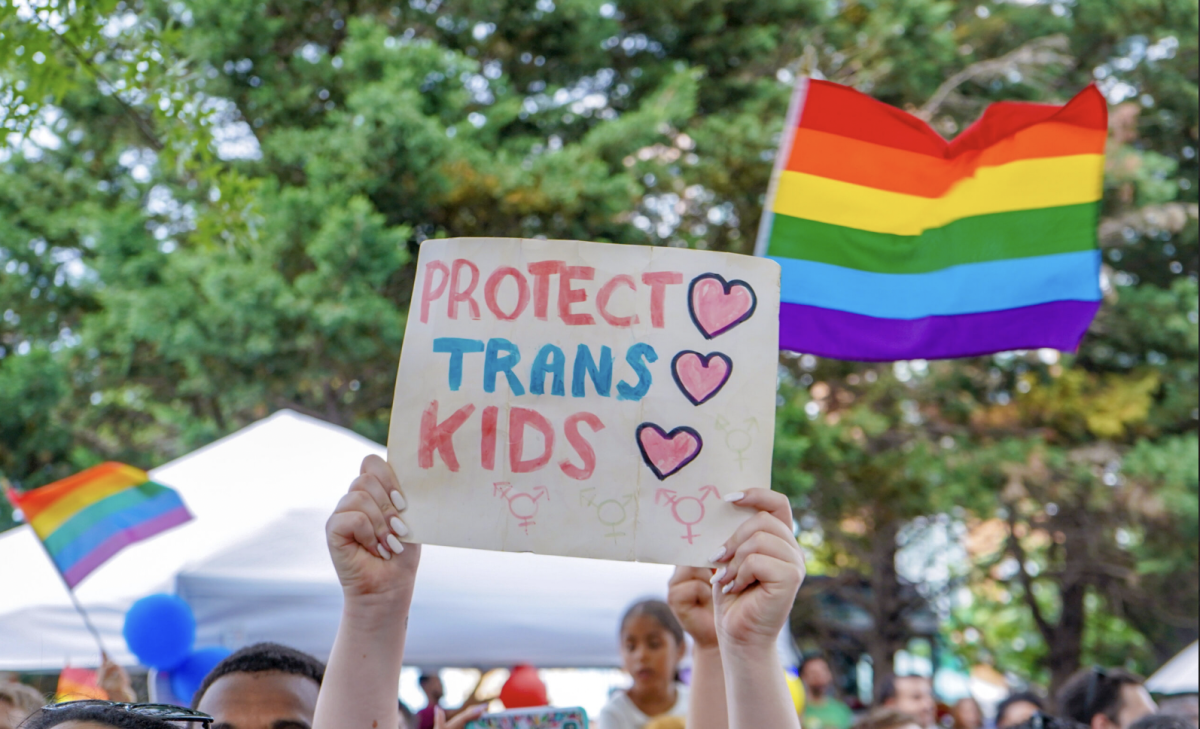During a cabinet meeting on Aug. 26, President Donald Trump announced his intention to reinstate the death penalty for all murder convictions in Washington, a move that has drawn both criticism and support. Critics view it as another attempt to extend federal control over the city, while supporters say it is a justified response to homicide.
Currently, the death penalty is only applicable in federal cases in Washington. Most murders in the city are tried under District law, with only certain cases — such as terrorism or the killings of federal officials — eligible for federal court. Reinstating capital punishment for local cases would require an act of Congress.
Trump first reinstated the death penalty for specific federal crimes in Washington at the beginning of his second term, but capital punishment for local crimes was abolished by the Washington City Council in 1981. The announcement follows other examples of increased federal involvement in Washington, including the mobilization of the National Guard and federal oversight of the metropolitan police force.
“If somebody kills somebody in the capital, Washington, D.C., we’re going to be seeking the death penalty, and that’s a very strong preventative,” Trump said during a recent White House cabinet meeting. Trump added that other states, which the federal government less heavily controls than the capital, will have to decide whether to follow suit.
Upper School History Teacher Silvana Niazi stated that she is strongly against the death penalty and believes that every person “has the opportunity and ability to grow,” and to enforce the death penalty is “to give up on humanity.”
Despite this announcement, successfully sentencing criminals to the death penalty in Washington will likely be difficult.. In order to receive a death sentence, a jury comprised of Washington residents would have to reach a unanimous verdict.The last execution to take place in Washington was in 1957. Attempts to bring it back have never succeeded.
This possible reinstatement of the death penalty also raises the question of legality. In an interview with PBS, Death Penalty Information Center (DPI) Executive Director Robin Maher said that “if what President Trump is talking about are mandatory death sentences, that would be unconstitutional.” This distinction is important, as Trump is allowed to pursue the death penalty in some cases. However, it would be illegal if he enacted a law stating that all prosecutors in homicide cases must push for the death penalty.
It is unclear whether enacting the death penalty would lower crime. According to PBS correspondent Lisa Desjardins, “scholarship in the last 30 years has been moving away from the idea that [the death penalty] is a deterrent.”
Other attempts by Trump to lower the Washington crime rate include stressing the need to remove numerous homeless encampments, saying that “we’re getting rid of the slums.” He also pushed to allow residents aged 14 to be tried as adults for certain crimes, lowering the age from 15.
Some suggest that instituting the death penalty will instead be an expensive and time-consuming endeavor. Maher has said that the cost will be very high “because death penalty cases are many times more expensive than other criminal cases that do not seek a death sentence. Capital cases are much longer, [and] take much longer to complete.”
The result of this could end up jamming the Washington legal system for years to come, as death penalty cases often take longer to resolve, sometimes up to 20 years. Maher said that “there would still be enough of those crimes, enough prosecutions, to completely overwhelm the legal system” if Trump prosecuted all homicides with the death penalty.
Many see the institution of the death penalty as another attempt by Trump to flex the federal government’s power over Washington.
Death Penalty Action Co-Founder Abraham Bonowitz criticized Trump, saying that “Trump is not a king, and he certainly cannot be trusted with the power to execute citizens.”
Senior Osewe Ogada said there are “higher crime rates in some Republican states” that are not being targeted by Trump, including Louisiana and West Virginia.
Even after the announcement, there are still questions about what the actual results will look like. United States Attorney for Washington Jeanine Pirro recognized that even if Trump enacts the death penalty, it is unlikely that prosecutions will end in executions.
“Sometimes the jury will buy it, sometimes they won’t — so be it. That’s the way the process works,” she said.











































